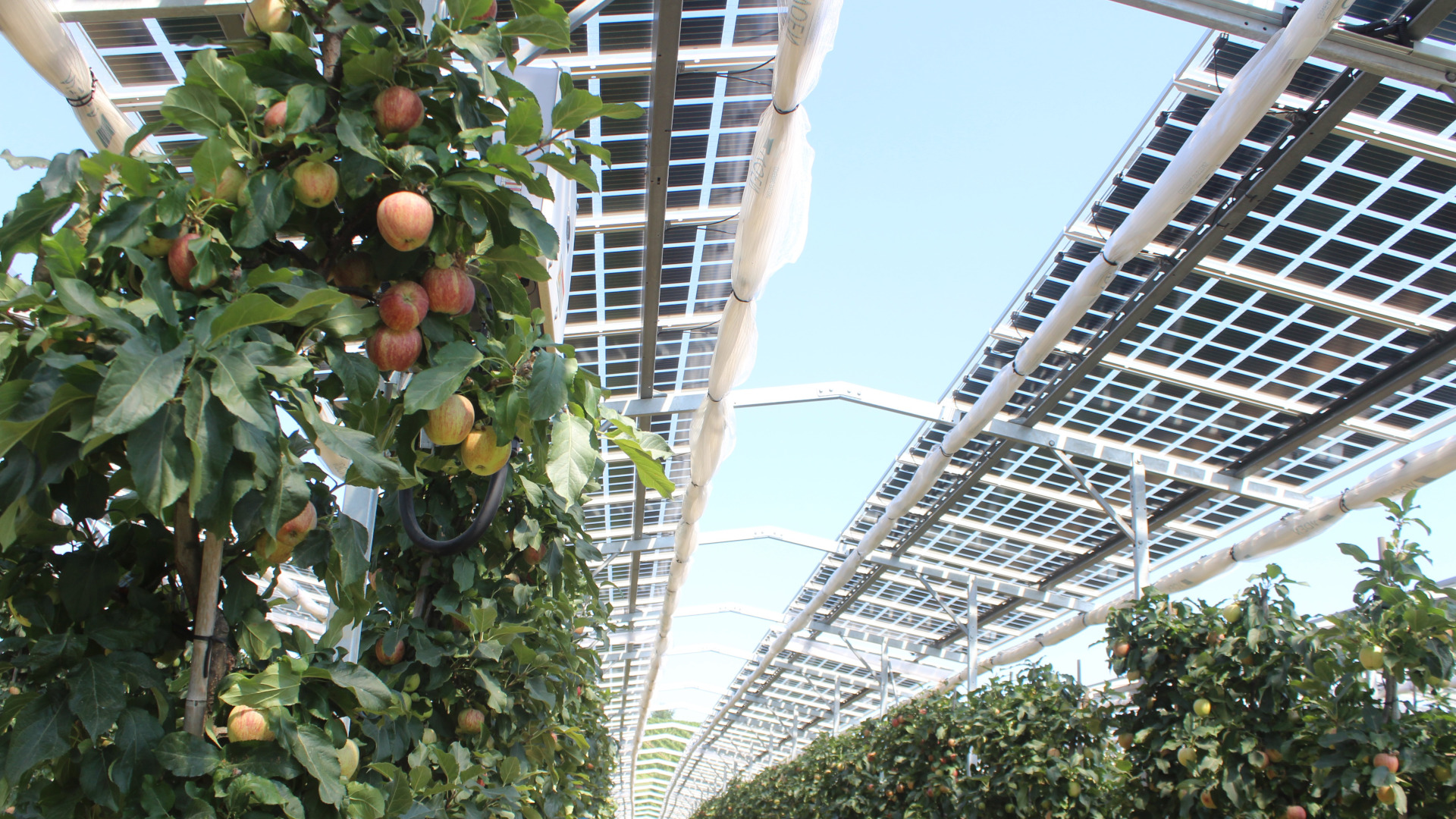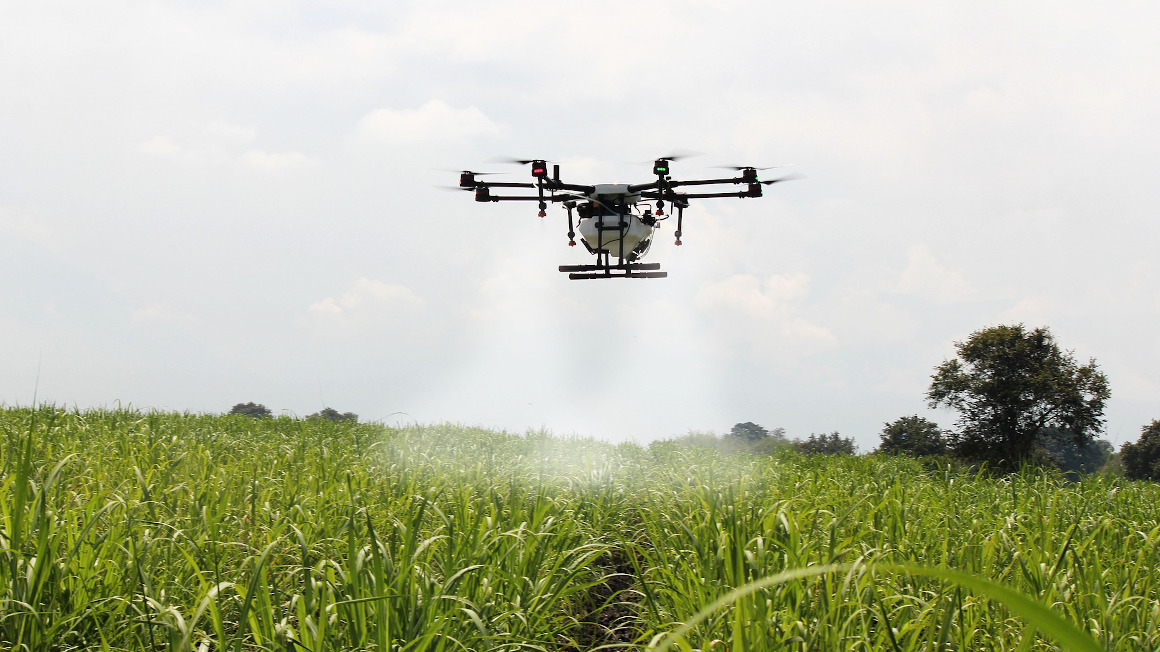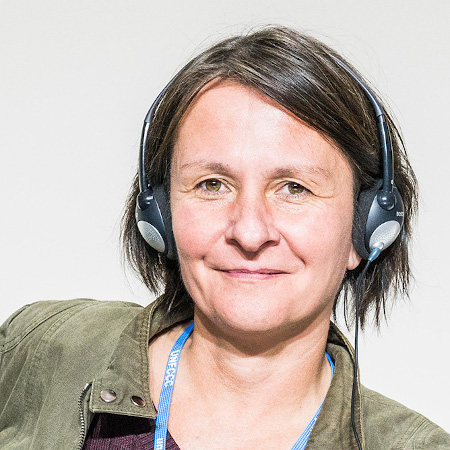"Aquatic technologies are key to a healthy diet"
Carsten SchulzProfession:
Agronomist
Position:
Professor of Marine Aquaculture at the Christian-Albrechts-Universität zu Kiel; Director of the Fraunhofer Research Institution IMTE, Branch Office Aquaculture Research Büsum
Profession:
Agronomist
Position:
Professor of Marine Aquaculture at the Christian-Albrechts-Universität zu Kiel; Director of the Fraunhofer Research Institution IMTE, Branch Office Aquaculture Research Büsum
Under the umbrella of Fraunhofer IMTE, the team led by Carsten Schulz from the Society for Marine Aquaculture (GMA) will further develop the potential of the Blue Bioeconomy in the future.
Many species of fish are now farmed in aquaculture facilities to meet growing demand. However, even the expansion of aquaculture is reaching its limits and calls for innovations that are sustainable and environmentally sound. The Society for Marine Aquaculture (GMA) in Büsum will take up this challenge together with the Fraunhofer IMTE facility in Lübeck. For the scientific director of the GMA and now director of the new Fraunhofer IMTE branch, Carsten Schulz, aquatic technologies are central building blocks of healthy nutrition and sustainable value creation.
What contribution can aquaculture research make with regard to healthy and sustainable nutrition?
Fish is a high-quality food with excellent dietary properties. Its proteins are highly digestible and of outstanding composition with the highest biological value. Fish are also rich in other macro- and micronutrients, e.g. they are the most important source of highly unsaturated fatty acids, which are of utmost importance in human nutrition. Global fish consumption is growing steadily and currently stands at 20.5 kg/capita annually, according to the FAO. Due to the limited and therefore stagnating yields from fisheries, the increasing demand of a growing world population can only be met by increasing yields from aquaculture. Already today, more than half of the fish consumed comes from aquaculture and this share will certainly continue to rise in the future.
What is/was the research focus of GMA?
The GMA was founded in 2004 and since 2007 has been closely linked to the Chair of Marine Aquaculture at the Institute of Animal Breeding and Husbandry, Faculty of Agricultural and Food Sciences, Christian-Albrechts-Universität zu Kiel, which at the same time is the scientific director of the GMA. The research projects focus primarily on fundamental and application-oriented questions concerning the environmentally sound optimization of fish farming systems, fish nutrition and physiology, and the assessment and evaluation of fish health and quality. Due to the high importance of freshwater aquaculture production in the global context, freshwater species are increasingly in the research focus of GMA. Since 01.01.2022, GMA has been integrated into the Fraunhofer Research Institution for Individualized and Cell-based Medical Technology IMTE and is now expanding the research portfolio there.
How will GMA specifically support research at IMTE in the future? And what advantages does the integration of GMA offer?
Fraunhofer IMTE sees itself as a research institution for intelligent systems and processes for the health economy and bioeconomy. Aquatic technologies are central building blocks of healthy nutrition and sustainable value creation. The inter- and transdisciplinary intersection of the two sides' expertise leads to new innovations and unique cooperation potentials. There will be targeted collaboration in particular in the work areas of innovations in fish nutrition, environmentally sound fish farming systems, quality and health of fish, but also in food technology and cell technology, as well as in the cross-innovation areas of smart instrumentation with the work areas of imaging, additive manufacturing, artificial intelligence, and modeling and simulation.
What impulses for the further development of aquaculture research do you hope to gain from the integration into Fraunhofer IMTE?
Aquaculture research in Germany is characterized by a highly fragmented research landscape with comparatively low research capacities. These general conditions fundamentally impede focused sector development in Germany. Although there are remarkable competencies at various locations, they are always limited to individual subject areas or have a strongly local focus. As a result, certain aspects that are important for understanding the entire process chain are easily lost from focus. By merging GMA with Fraunhofer IMTE, the various expertise can be brought together to develop new systemically oriented solutions. This bundling of capacities is a unique selling point of Fraunhofer IMTE and should have lighthouse character for the entire aquaculture research sector.
To what extent will this change GMA's research tasks?
The topics of aquaculture research at Fraunhofer IMTE will be much broader in the future as a result of the integration of GMA. In addition to the aforementioned synergies with the existing competencies at both locations, cross-institute research activities are also planned to link further Fraunhofer expertise with the aquaculture value chain.
What potential does the new collaboration hold for the marine industry in northern Germany?
Since the foundation of GMA, we have been cooperating very closely with industry and business development in northern Germany and have been able to initiate a variety of research associations and networks. In the process, new ideas and innovations were developed, which subsequently led to spin-offs in various thematic areas of the aquaculture process chain. Through the integration of GMA into Fraunhofer IMTE, cooperation with industry is being sought with even greater focus in order to further exploit the potential of the blue bioeconomy in particular. In this context, sustainable concepts for a comprehensive circular economy, including fish, mussels and algae, are particularly promising.
Interview: Beatrix Boldt


